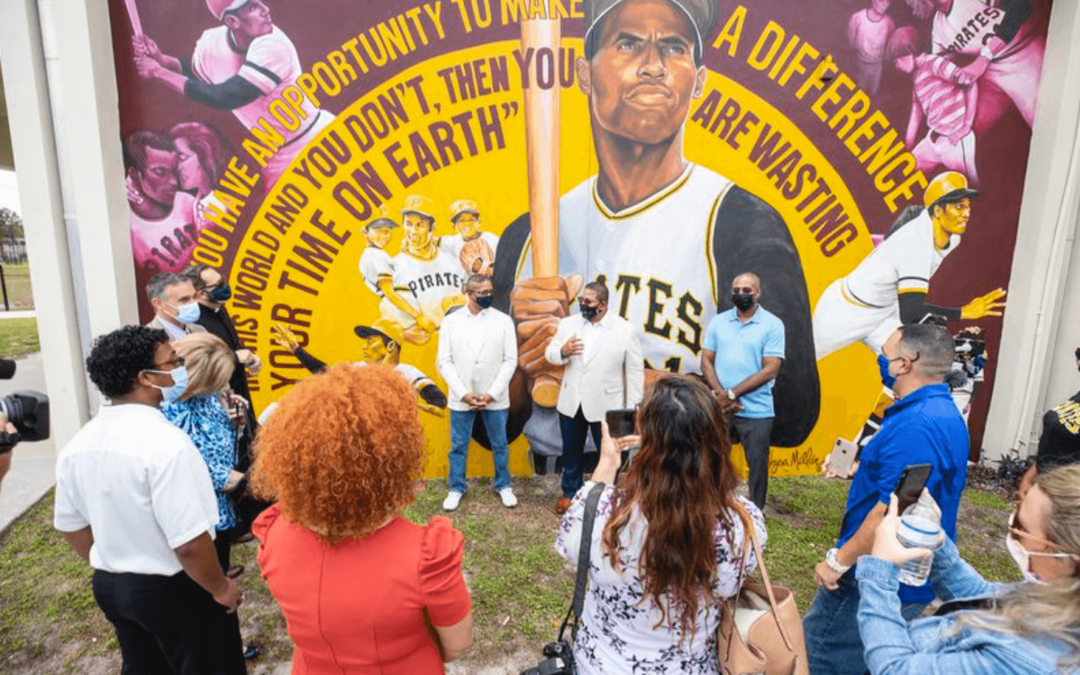
Image by Wendy Wei via Pexels
How are we living and how will we live without the events that bring us together? How will we live without the music, movies, and events that bring us together? I have a theory that physical proximity encourages civilization.
Oh, the things we took for granted before this evil plague ruined it all! In the pre-coronavirus era, we used to meet friends at bars, go to the movies, attend museums, buy tickets for plays and concerts, cheer at sports events, and discuss the affairs of state at restaurants with family or friends.
The fact that we can’t do any of these activities without incurring health risks sheds light on the communal essence of culture. Civilization is culture shared among people. Yes, you can read “100 Years of Solitude” alone at home if you want, but culture is meant to be shared. That’s how it becomes culture.
In a way, we are lucky that thanks to technology we live in a virtual age in which we can adapt and bypass this isolation. There is no overstating the tremendous influence the internet and streaming have on our lives. Imagine the pandemic without them. We’d be even more alone.
Related: How To Actually Talk Politics and Keep the Peace With Your Family
Today, kids can still study at home, most people can still videoconference for work, and friends are hosting birthdays, weddings, memorials, and religious observances online. The human need for community is part of our survival instinct. And so is culture. This is why the prospect of a world without cinemas, theaters, sports venues, museums, restaurants, or dancehalls is seriously scary.
Related: Has Coronavirus Forced You to Become Your Kids’ Teacher? Here’s What You Need to Know.
For better or worse, cultural institutions now have to rely on the internet to keep the flame alive with their audiences. The Metropolitan Opera hosted its gala this year virtually. Singers performed from their houses, and in an amazing technological feat, the orchestra played live together, each musician from their own home. In a way, this online event was more moving than a theatrical performance. It could reach exponentially more people: it was open to anyone with internet, whereas tickets for the live gala are beyond the reach of mere mortals. The Met wisely streamed this event for free and asked for donations. Watching the greatest opera singers in the world belt out arias at home was a much more emotional and raw experience than sitting in the nosebleed section at the most lavish productions. It gave people the opportunity to discover opera. It was emotionally powerful, particularly when the artists finished their heartfelt performances to no applause. The communal burst of excitement was missing: that moment of release when we all share our humanity.
Related: PHOTOS: This Retro Drive-In Theater Is Booming During Coronavirus
Along this vein, The Americano has broadcasted virtual dance parties where you can literally dance your socks off. I, for one, utterly enjoy the lack of a velvet rope, the crush for booze at the bar, people stepping on my toes, and all the hazards of a frenzied disco crowd. I can dance in my pajamas without makeup. What’s not to like? Not having to deal with people is awesome. But as fun and cathartic as these dance parties are, by the end one feels a little lonely. Culture is not meant to be solitary.
WATCH: The Americano’s video host, Marcelo Báez spins some great music for our audience every Saturday. Join us!
Can we imagine a play without a live audience? Can we imagine the FIFA World Cup in isolation? Perish the thought! When we share physical space, we find common ground with others even if they are from a rival team. We laugh, cry, and cheer as one. Many people don’t care if movie theaters go the way of the dodo, but to me, this could be one of the most tragic cultural casualties of the pandemic. Watching a movie at home, in a smallish screen, with interruptions, is no match for the communal experience in a darkened movie theater, on a big screen, with a big sound system, sensing the collective laughter, fear, and tears of the audience.
I have a theory that physical proximity encourages civilization. Cities tend to be more tolerant, not only because of their cultural offer but because when you have to share public transportation, elevators, and crowded sidewalks, you understand that “the other” is just like you. When you tread asphalt with people from all genders, races, religions, and persuasions, you are less likely to perceive them as your enemy. They are your neighbors.
One of the fears of a pandemic is that it may encourage xenophobia, racism, and fascism. In such vulnerable circumstances, the fear and loathing of the other are used by tyrants to consolidate power. It‘s a good thing that artists and cultural institutions can use technology to continue bringing human beings together through art. This can be what saves us.
Politics

Teamsters and UPS Reach Tentative Deal to Avoid Strike, 340,000 Workers to Get Raises
The tentative deal represents a huge win for full- and part-time UPS Teamster workers, who would get significant pay raises and better working...



One Republican Senator Is Blocking 265 Military Promotions, Leaving the Marines Without a Confirmed Leader
Sen. Tommy Tuberville's decision means these military officers are not getting the pay raises they’re owed, cannot move their families to wherever...
Local News



Teamsters and UPS Reach Tentative Deal to Avoid Strike, 340,000 Workers to Get Raises
The tentative deal represents a huge win for full- and part-time UPS Teamster workers, who would get significant pay raises and better working...



One Republican Senator Is Blocking 265 Military Promotions, Leaving the Marines Without a Confirmed Leader
Sen. Tommy Tuberville's decision means these military officers are not getting the pay raises they’re owed, cannot move their families to wherever...




